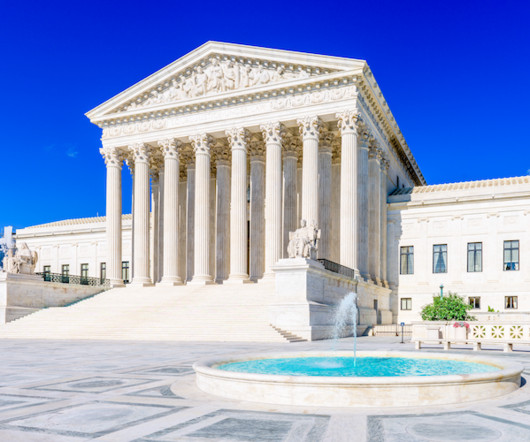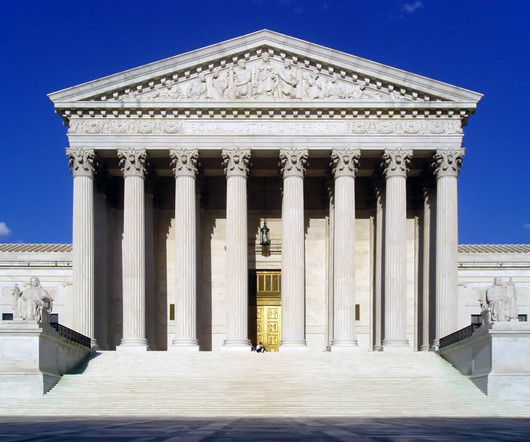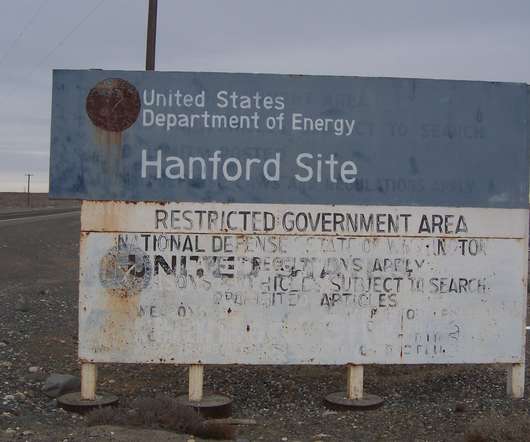Supreme Court Hears Challenge to EPA’s Good Neighbor Rule
Constitutional Law Reporter
MARCH 5, 2024
One of the most closely watched is Ohio v. Ohio, Indiana, and West Virginia filed suit, arguing that EPA’s rulemaking process circumvented the Clean Air Act’s cooperative-federalism mandate by forcing its own top-down control over state-level air-pollution reduction, and moved to stay the federal plan pending judicial review.





















Let's personalize your content